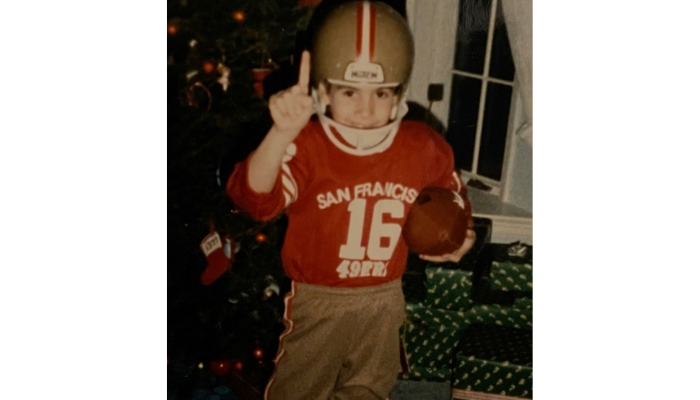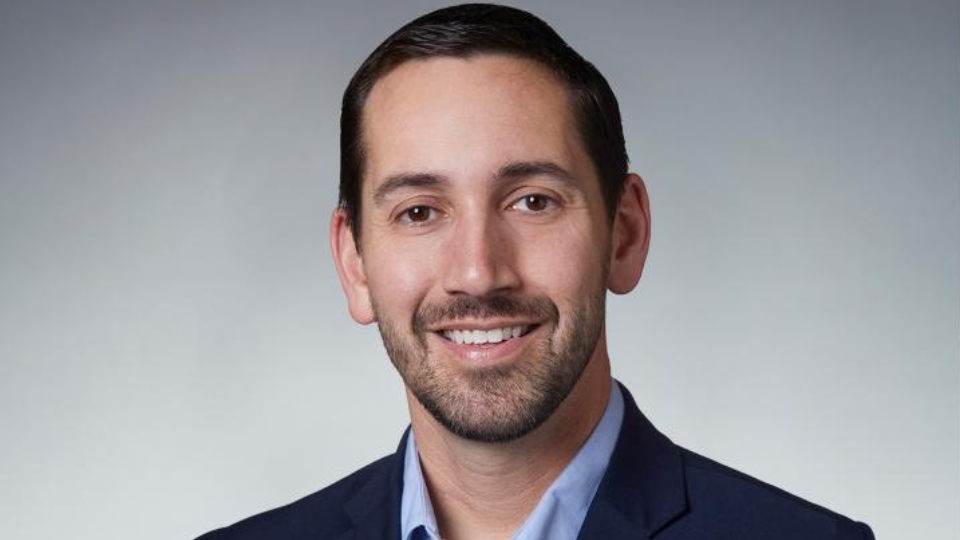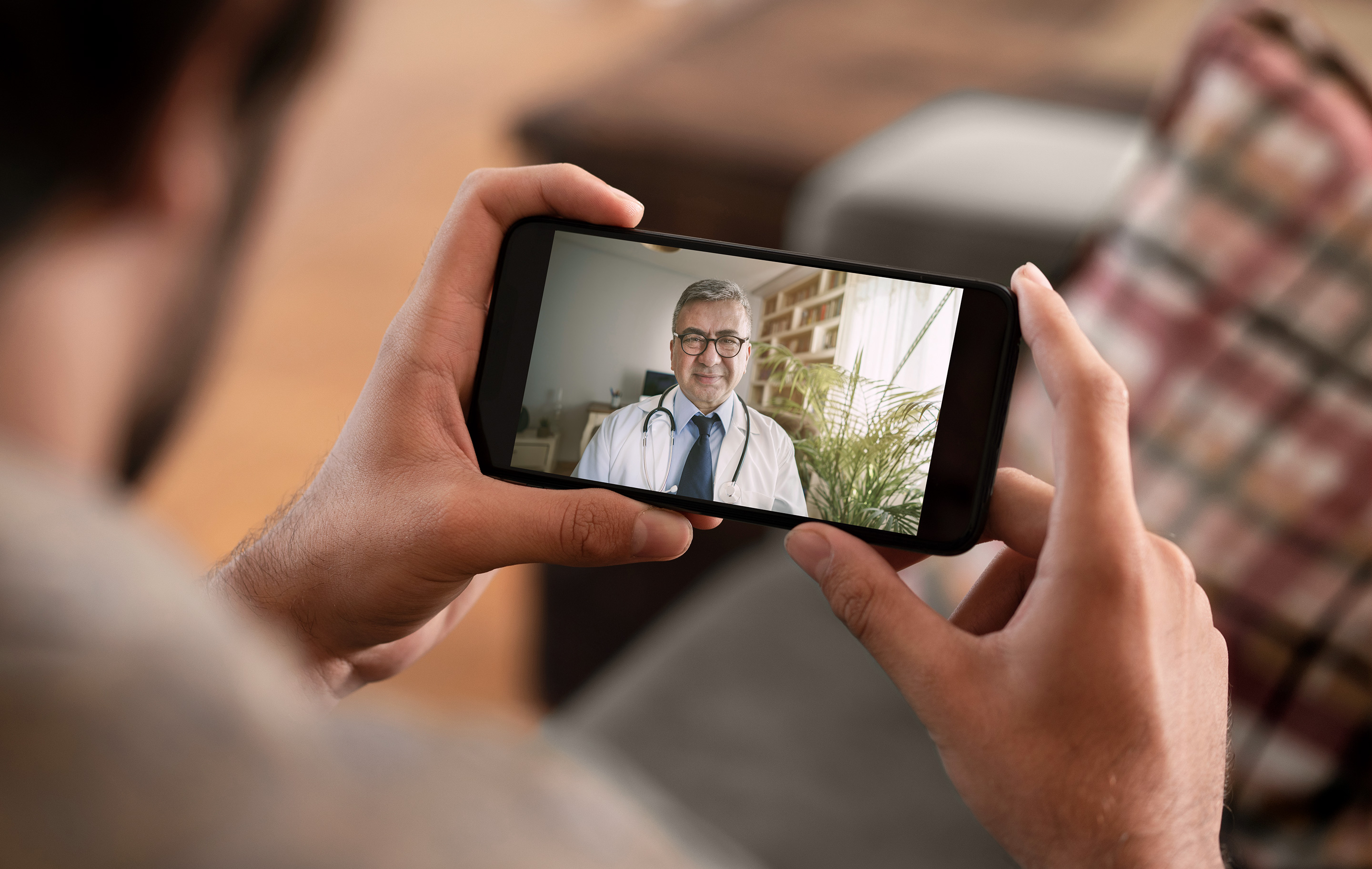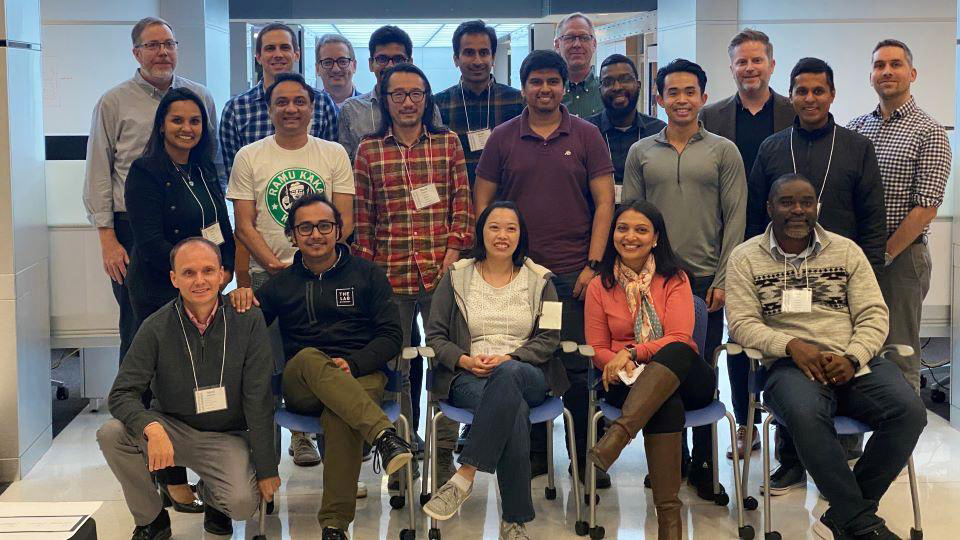Like many kids growing up, Evernorth’s Mark Bini was very much into sports and collecting baseball and basketball cards. But while most kids his age were admiring the images on the front of the card, Bini was obsessed with analyzing the performance stats on the back, scrutinizing metrics such as batting averages, home runs, errors, and win/loss records.
“I was the kid who immediately turned the card around and looked at all the stats, so I guess you can say I’ve been fascinated with data and analytics since I was a kid,” Bini said. “I wanted to understand the stats, as well as how to measure improvement, success, and compare players to one another.”
That fascination with numbers and understanding data in order to glean insight comes in handy in Bini’s role as the head of growth and coordinated care for Evernorth Care Solutions. He and his team are responsible for ensuring that Evernorth clients get maximum value from the solutions and the capabilities we can offer them.
We sat down with Bini to learn more about his personal life, his passions, and how that shapes his professional life.
Tell me about yourself. Where did you grow up, and what was your family life like?
I grew up in St. Louis, Missouri, where I still reside today. I am the youngest of four kids, and we grew up as a tightknit family. I spent all my time playing sports such as baseball, basketball, soccer, and street hockey. I was very competitive and had a deep passion from early on for team sports playing basketball throughout high school and college. I took great pride in the value of teamwork and learned so many lessons in how to act when we won and how to learn and adjust when we fell short.

Mark Bini as a child.
I would also say that I was extremely entrepreneurial as a kid. I would ride my bike 3 miles to the local pharmacy and use the money I earned doing chores to buy as much cheap candy as I possibly could. I set up a weekly raffle, charging the neighborhood kids $1 per ticket for a chance to win a small jar of that candy. I’d make a small profit and still have enough to fund the next week's raffle. To this day, I still chuckle at the excitement of my friends regularly entering to win this jar of candy that they probably could have bought on their own for far less than they spent on tickets, but somehow I was able to sell the idea.
You started your career in marketing. How did you end up in health care?
I received my marketing degree from Missouri State University and an MBA from Fontbonne University. Prior to joining Evernorth, I did strategic marketing in the homebuilding industry, using advanced analytics to identify migration patterns in terms of where people were moving. This work helped the company’s land acquisition teams make more informed decisions on where to buy the next parcel of land, and I loved it. But when the housing market crashed in 2008, I started to think about how I could take my strengths and apply them to something where I could help people struggling with their health.
That’s when an opportunity arose within Express Scripts (now the pharmacy benefits management arm of Evernorth) on the Consumerology Solutions team, where I learned how to use behavioral economic principles to help people get the most out of their pharmacy benefit. We were using behavioral science to identify how people make decisions, or why they're indecisive, when it comes to their health care. We’d then reframe the way we communicated with people and designed their benefits to nudge them to make better choices. This role allowed me to take everything I knew about strategic marketing, data, and insights, and use it to help people at a scale and in a way I didn’t know was possible.
I’ve heard some people in our organization say that your team’s approach to driving growth is rooted in innovation. How do you define innovation?
Innovation starts with taking on problems that are worth solving – using data, analytics, insights – to generate novel, practical solutions that address those problems and to get incrementally better outcomes than you had before.
My team approaches innovation with an open mind and a fearlessness of failure. We are data-driven and relentless in trying new things. Of course, there are times where we’ve fallen short, but the learnings we have gleaned from those failures have been well worth it.
What achievement are you most proud of?
I'm probably most proud to have launched the industry’s first digital health formulary in 2019, which is a clinically based, expertly evaluated platform of digital health solutions. If you think about the digital health space, it is both very exciting and chaotic.
The exciting part is that digital health solutions, when designed effectively, have the potential to improve the health outcomes of people living with chronic and complex conditions. The chaotic part is that there are hundreds of thousands of these solutions, and our clients can get overwhelmed in trying to figure out which ones work and which ones don't.
We took our scale and expertise in managing formularies and applied that to digital health. We began to evaluate these solutions on behalf of our clients and members. We specifically look at clinical effectiveness and usability. For the digital health solutions that meet our standards, we negotiate and procure industry-leading value on behalf of our clients. The result has been extremely successful in helping our clients take advantage of digital health solutions that drive meaningful patient experiences and health outcomes.
Health care is really fragmented. What are some of the trends that you're seeing? And how do you think the industry needs to evolve?
The industry needs to lean into more guided experiences for patients that are coordinated and connected through a mix of both technology and human navigation. We need to be enabling personalized journeys for people, so that they are making the most of their benefits and ultimately reaching better outcomes. Health care must fit seamlessly in the everyday life flow of patients, caregivers and providers.
What else needs to change in the health care space?
We can do a much better job communicating with patients. In health care, we often talk to patients as if we're talking to other clinicians. That’s not how the average person receives a message. Simplicity and specificity in patient communications is still, in large part, an untapped opportunity in helping people act on the good intentions they have for their health.
Did you have any mentors or people who have been inspirational to you throughout your career?
My dad is my role model and inspiration. And the reason I say that is because I observed as a kid his ability to balance his career and our family. He spent a lot of time playing basketball with us in the driveway and coaching our teams. The work-life balance that he displayed to all of us is a thread that I've pulled through into my own life and career. It’s become a core value of mine that I try to instill in those I have the privilege of leading.
So how do you do it? What’s your secret to work-life balance?
One of the silver linings to the COVID-19 pandemic is that families began to spend more time together. One of the patterns that my wife – who also works full time – and I instilled during that time was family dinners. Every night, we sit down as a family, we turn off all our devices, and we spend time with our kids really listening to the things that they're going through, the stories they have, and oftentimes, just laughing and goofing off.
If you can go back and give your younger self one piece of career advice, what would it be?
Many of us, myself included, often fall in love with the outcomes rather than the journey to those outcomes. The truth is that the outcomes aren't always what we expect them to be. Yes, we need to be goal-oriented and stretch ourselves to hit our targets. But we're also going to fall short at times. So I think it's really important for us to love the process and the journey, a trait that will help us learn from mistakes and carry on.



